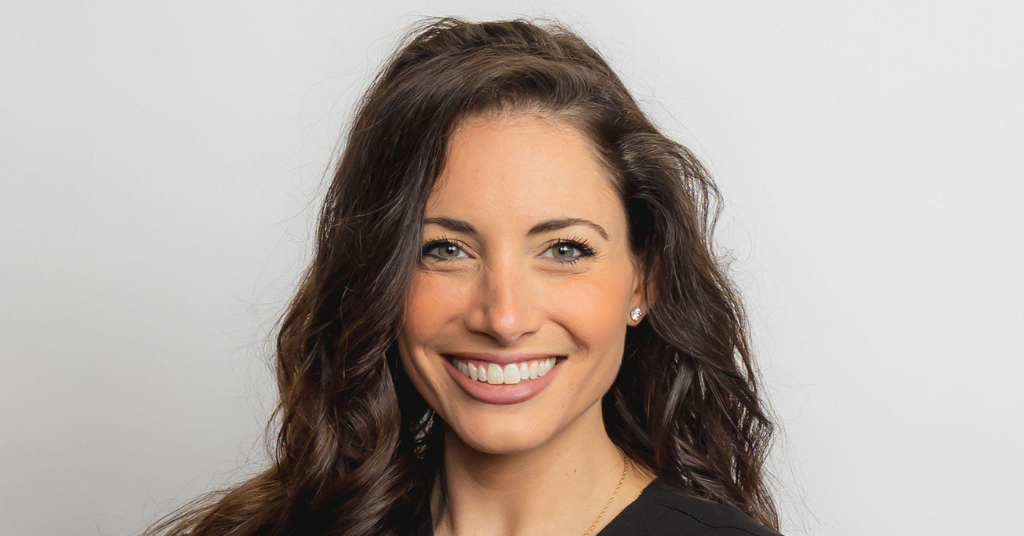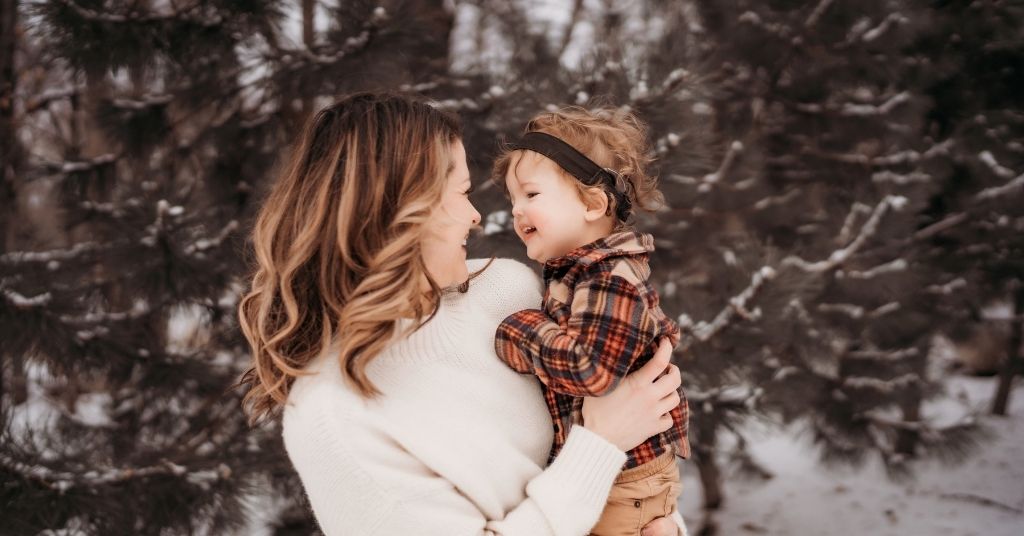
Phonak releases new Virto Paradise hearing aids
March 7, 2022
When was sign language invented?
March 14, 2022Early Intervention: Why parents need to follow up

Early Intervention programs for deaf and hard of hearing children are typically offered for ages 0-3 in the U.S. Over the last two years, during the height of the COVID-19 pandemic, early Intervention caseloads have been decreasing. This prompts researchers to ask the question: Are parents of deaf children not following up with early intervention hearing care? Why is Early Intervention so important?
Hearing Loss Diagnosis
A diagnosis of hearing loss for a child can be overwhelming to a new parent. In the last two years amidst a pandemic, it’s been more overwhelming. On top of the diagnosis, parents have to take many things into consideration, including:
- COVID safety
- Sick family members
- Work
- Uncertainty about whether child needs services
These decisions are not always easy. It can make it easy to overlook Early Intervention services provided by your state. The offerings and providers vary by state and not all programs are created equal.
Early Intervention Teams’ Caseloads Down
I spoke to five Teachers of the Deaf and Hard of Hearing (TODHH) in different states recently who confirmed that their caseload for children ages 0-3 is down. One TODHH noted that their caseload is down 65 percent. I wondered what was happening.
The audiologists I spoke to saw no difference in the number of referrals following hospital screening. Families are following up. Most families are following up on their Early Intervention intake.
The gap appears to be after the intake. Possible reasons include:
- Deferring services
- COVID shut downs
- Fear of going to a classroom
- Virtual environments not for everyone
- Thinking services aren’t needed
- Not enough time in a day for extra appointments
Early Intervention does require work and time on both the parent and the provider’s side. It means extra appointments and conversations, which can seem daunting. But if Early Intervention is offered by your state, you should be taking advantage of it.
“If Early Intervention is offered by your state, you should be taking advantage of it.”
The good news is that DHH programs are starting to pick back up. Of the five TODHHs I spoke with, four reported an increase in case numbers this year and getting back to normal.
Read more: How to advocate for your child with hearing loss
Benefits to Early Intervention
If you are feeling uncertain about Early Intervention services, here are some benefits:
1. Parent Confidence
- EI services can help you understand what your child may be processing.
- Learn how to be an advocate, which brings a confidence out that children get to witness. When children see their parents advocacy, they can learn to follow that lead.
2. Guidance
- There is a lot to learn about options and communication. A TODHH from your Early Intervention team can help put things into perspective and set goals and timelines. This helps to relieve the initial overwhelm.
- You will learn about your child’s hearing loss, their devices, and what to look out for that might be considered behavior (ie, not listening) when it might be listening fatigue.
3. Language
- Does your child have access to language?
- Are they communicating at an age appropriate level?
- Your TODHH and Speech Language Pathologist (SLP) can help guide you in these areas. Note: the developmental language window is narrow, all the more reason to act quickly.
4. Community
- You will hear about and may have the opportunity to meet other families. It helps to talk to other parents, as well potentially have your kids meet other DHH kids.
- You can confide in your service providers what is on your mind. They are not your therapists, but they understand the process of what you may be going through and can give you specific next steps or ideas.
5. Goal-setting
- Develop routines for your child’s learning and how to implement them into everyday life and activities.
- You early intervention specialists can help you prepare with the right questions to ask whether you are visiting the audiologist or a new school.
6. Advocacy
- If you need an advocate for your child’s classroom, oftentimes your TODHH can help. You can work together with the family and school to discuss the right accommodations.
- A TODHH focuses on the whole child and also communicates with the audiologist, SLP and physical therapist or other service needed.
Early Intervention Works
On a personal note, as someone who is deaf/hard of hearing, I originally fell into the category of believing I did not need Early Intervention services. While I do have a lifetime of experience being deaf/hard of hearing, I had no experience raising deaf/hard of hearing children. It challenged my perception of language, behavior, and learning. We’re all better off for it. I feel so incredibly lucky for the team my girls had between the ages 0-3.
Read more: What to do early on for your deaf baby




